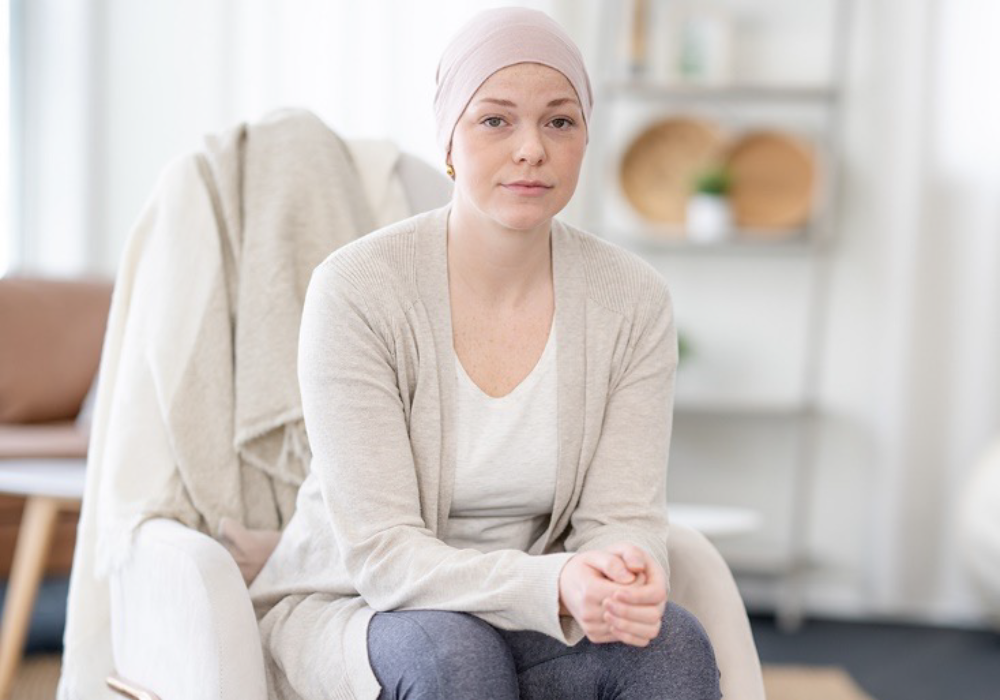Oncology nurses care for a complex patient population, and the inevitable emotional exhaustion and compassion fatigue that result can lead to decreased productivity, high staff turnover, and increased use of sick days. In a poster session on April 25, 2024, during the 49th Annual ONS Congress®, ONS members Jacqueline Anorga, RN, Meghan Manthorpe, BMTCN®, RN, BSN, and Maria Weinstein, MSN, RN, DON, described how they formed an oncology nursing peer group to provide connections and interventions to address burnout, fatigue, and turnover.
Emotional exhaustion and compassion fatigue have serious consequences for oncology nurses, and high levels of burnout among nursing staff have been associated with poorer patient outcomes, decreased patient satisfaction, and a rise in patient and family complaints. Compassion fatigue is linked to decreased quality of patient care and impaired judgement, potentially leading to errors that result in poor outcomes.
To mitigate those challenges and support nurses’ emotional well-being, Anorga and a team of oncology nurse fellows developed the Tea for the Soul project. All oncology nurses at their institution were invited to participate, with a mix of nurses across varying levels of experience and leadership positions. The peer group met monthly to learn from guest speakers, including a chaplain and wellness coaches, and participate in facilitated discussions. The meetings provided a safe and supportive space for nurses to share their lived experiences.
On subsequent surveys, all participants reported that they agreed or strongly agreed with the statement, “I have a sense of accomplishment leaving work.” Most participants indicated that they had good peer support in stressful experiences and that they also had difficulty separating their professional and personal lives. Although nurses who witnessed traumatic events reported experiencing depression, many said that high levels of personal beliefs and rituals helped them cope with these experiences.
“Participation in this mindfulness-based intervention showed a significant decrease in compassion fatigue,” the speakers concluded.
Read more about self-care and nurse well-being in ONS’s Nurse Well-Being Learning Library. See the Oncology Nursing Foundation’s Resiliency Resources for more information about developing healthy routines, learning stress management techniques, promoting resilience, and practicing well-being.






